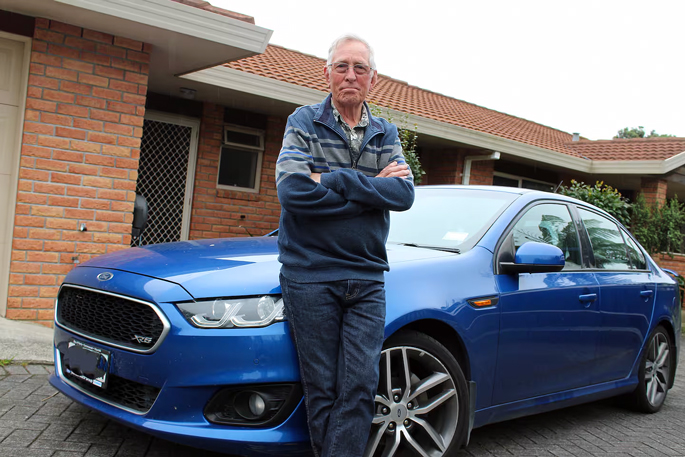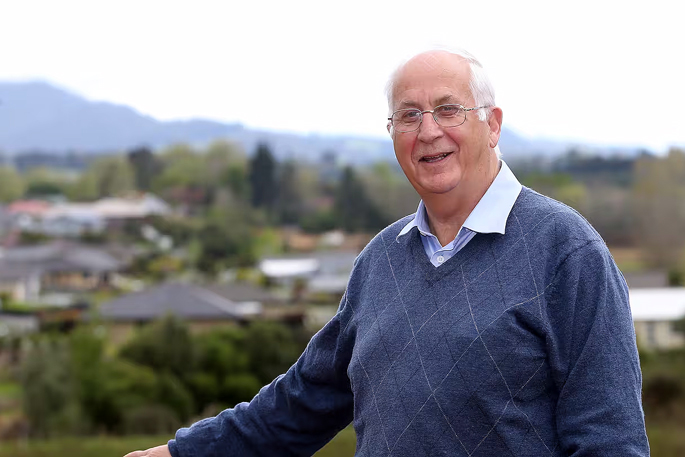Licence renewal for senior drivers is “wildly inconsistent” and Grey Power is asking NZTA to review and align its guidelines.
Drivers must get a medical certificate to renew their licence when they turn 75 and 80 and every two years after that. Some were asked to undergo cognitive tests by their GP.
Grey Power NZ acting president David Marshall says there is no consistency when it comes to how seniors are evaluated by their GP.
“Some GPs conduct routine tests such as eyesight, ask how their patient is feeling, and then sign off the statutory form. At the other extreme, some practices have made a cognitive test [such as the Mini-ACE] a mandatory part of every evaluation.”
NZTA is reviewing the Medical Aspects for Fitness to Drive guidance document and the draft guidelines would go out for consultation later this year.
David says Grey Power wants NZTA to work collaboratively with GPs, advocacy groups and organisations like AA to develop “simpler, transparent guidelines for GPs”.
NZTA national manager regulatory system design Chris Rodney says NZTA relies on medical centres to assess if a person is medically fit to drive.
When a GP doesn't sign it off, they might be referred for an on-road driving test, or an occupational therapist. On-road safety tests are only done in some areas, and there can be a 6-8 week wait.
An occupational therapist visit can cost more than $700.
Late last year, Katikati Medical Centre introduced a mandatory cognitive element when assessing the fitness to drive of those aged 79-plus.
Eddie Bruce, 80, from Tanners Point is concerned after receiving a one-year driver’s licence validity rather than two as he has not done well in the cognitive element.
Eddie was given a SIMARD MD test which involved tasks in word memory, number conversion and verbal fluency.
He had to return for a retest, which was the Mini ACE - a test that evaluates orientation, memory, language and visuospatial function.
 Eddie Bruce has spoken to many seniors who are stressed out at the licence renewal process due to the possible cognitive testing element.
Eddie Bruce has spoken to many seniors who are stressed out at the licence renewal process due to the possible cognitive testing element.
Eddie says the medical centres have no idea how stressed out older people are when it comes time to renew because of the cognitive element.
“If they realised the stress they are doing to their patients, they wouldn’t sleep at night.”
He argues the cognitive tests have nothing to do with driving and are unfair.
An on-the-road driving test would be preferable and should be the final word on whether people get their certificate, not a memory test, he said.
David says the renewal process can create “confusion and stress as well as anger as to the way they are treated, potentially losing their licence because they couldn’t remember an address three times during an interview”.
“Many of us have poor memories but are still competent and safe drivers.”
Neuroscientist Dr Kerry Spackman told the NZ Herald in March that the SIMARD MD test did not test the cognitive skills required to drive safely such as motor control, perception skills and reaction times.
It tests things such as word memory, number conversion and verbal fluency - Kerrysaid these relate to general cognitive ability, not driving.
David says he asked NZTA if the tests can be conducted by registered driving instructors but was advised that those instructors don't have the appropriate qualifications.
“With NZTA bringing out draft guidelines in June we hope that this is consultation where we can develop a more uniform and sensible way to assess older drivers nationwide.”
NZTA is reviewing its Medical Aspects for Fitness to Drive document and draft guidelines would go out for consultation later this year.
Chris says that will allow the wider health practitioner community to make submissions on all aspects of medical fitness to drive.
“NZTA will endeavour to make the published version as relevant and useful as practicable as a guide for health practitioners in assessing medical fitness for driving.”



3 comments
Pertinence.
Posted on 09-05-2024 00:58 | By morepork
If there is a test of mental acuity, it should be pertinent to driving. IQ style tests can be stressful for most people and many people who are NOT elderly would not do well on tests involving pattern recognition, vocabulary, numbers, and memory. The "over 80" test should be fair, consistent, and meaningful. I hope they have this sorted by the time I have to do it... (not far away now) :-)
Vital
Posted on 09-05-2024 22:59 | By Inmediasres
This is a vital process with so many Boomers reaching this bracket.
It's scary how poor the abilities of elderly drivers are.
They need to have their reaction times and situational awareness tested. Most will fail, but our roads, and kids on footpaths, will be better for it.
@Inmediasres
Posted on 10-05-2024 15:58 | By morepork
"It's scary how poor the abilities of elderly drivers are."
What's scary to me, is your ability to generalize and pander to the lowest common denominator. I am an "elderly driver" who has been driving cars all over the world, probably longer than you have been alive. (I can also fly a 'plane and Skipper an ocean going yacht...) I will back my ability to drive, against yours, all day long.
"New Zealand Transport Agency figures show in 2014, 58 out of 401 drivers involved in fatal crashes were aged 65 or over - or 14 percent. Similarly, they show 1367 out of 13,154 of the drivers involved in crashes causing injuries were aged 65 or over - or 10 percent. That compared to around 20 percent for teenage boys."
The GENERAL level of driving in NZ needs work... across ALL ages.
Leave a Comment
You must be logged in to make a comment.